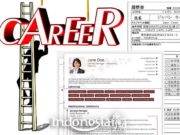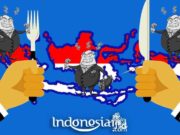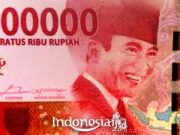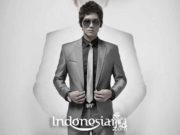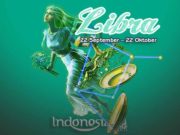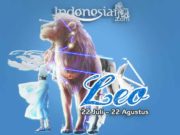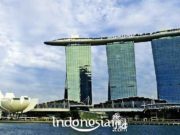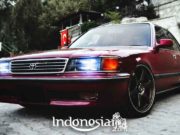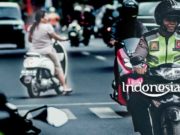Romo Mangun graduated from elementary school in Magelang in 1943, technical school (equivalent to junior high school) in Yogyakarta in 1947, and senior high school in Malang in 1951. After graduating from high school, he studied seminary as a candidate for priest of Semarang Archdiocese. At that time, the Intermediate Seminary was on Jalan Code Yogyakarta until 1952 and then moved to Mertoyudan Middle Seminary, Magelang until 1953.
Romo Mangun graduated from elementary school in Magelang in 1943, technical school (equivalent to junior high school) in Yogyakarta in 1947, and senior high school in Malang in 1951. After graduating from high school, he studied seminary as a candidate for priest of Semarang Archdiocese. At that time, the Intermediate Seminary was on Jalan Code Yogyakarta until 1952 and then moved to Mertoyudan Middle Seminary, Magelang until 1953.
When a teenager, Romo Mangun had a chance to fight and fight as a soldier of the People’s Security Agency, People’s Security Army Division III, Battalion X, Company of Engineers 1945-1946, in fact he was the commander of the TP Section of Brigade XVII, Company Kedu 1947-1948. He participated in the battles in Magelang, Amabarawa and Semarang.
After graduating from Meryoyudan Seminary Senior High School, Romo Mangun continued his study of Philosophy and Theology at the Sancti Pauli Institute of Philosophy and Theology, Yogyakarta graduated in 1959. Romo Mangun was ordained on September 8, 1959 by Mgr. Albertus Soegijapranata, SJ. After Romo Mangun’s ordination studied at the Bandung Institute of Technology majoring in Architecture until 1960. In 1960-1966, Romo Mangun continued his studies in Germany, namely Rhein Technical College, Westfalen, Aachen Germany. After returning from Germany, he served as a pastor who cares for the poor and lives in the Salam parish, Magelang. In 1978 he attended the Felow of Aspen Institute for Humanistic Studies, Aspen, Colorado, United States.
Romo Mangun was an extraordinary lecturer at UGM Yogyakarta in 1967-1980 at the Department of Architecture, Faculty of Engineering, UGM. Since 1968 he began to actively write columns in various newspapers and magazines. In 1980 Romo Mangun quit as a lecturer at UGM (but as an independent architect he continued to work), and with the permission of the Bishop, he decided to stay and work as a “social worker” in the Kali Code valley, Yogyakarta until 1986. In 1986-1988, Father Mangun worked at Pantai Grigak Gunung Kidul, assisting local residents in environmental programs and clean water supply.
After that he returned to Yogyakarta, founded the Basic Education Dynamics Laboratory, a non-profit organization that focuses on midwives in the field of basic education, especially for poor and neglected children. Romo Mangun was also active and cared for the residents who were victims of the construction of the Kedung Ombo reservoir, Central Java, until 1994. Starting in 1994, with the permission and support of Mr. Kalasan, east of Yogyakarta city. Until the end of his life, Romo Mangun had never stopped moving as a humanitarian fighter. Romo Mangun participated in “demonstrations” both in Jakarya and in Yogyakarta with thousands of students to mobilize people power which eventually overthrew the New Order rulers.
Father Mangun passed away on Wednesday afternoon, February 10, 1999, at the Le Mendien Hotel Jakarta, after delivering the paper “The Role of Books for Wisdom in Science and Technology” in a symposium on Increasing the Role of Books in the Effort to Form a New Indonesian Society organized by the Obor Indonesia Foundation.
Romo Mangun is also a figure who comes from a minority group of followers of the Catholic religion. His achievements are certainly well known by many Catholic circles in Indonesia. Are you interested in this article? Come on, get other interesting information from Indonesiar.com and stay healthy during this COVID-19 pandemic.
Source : Polteka Mangunwijaya







